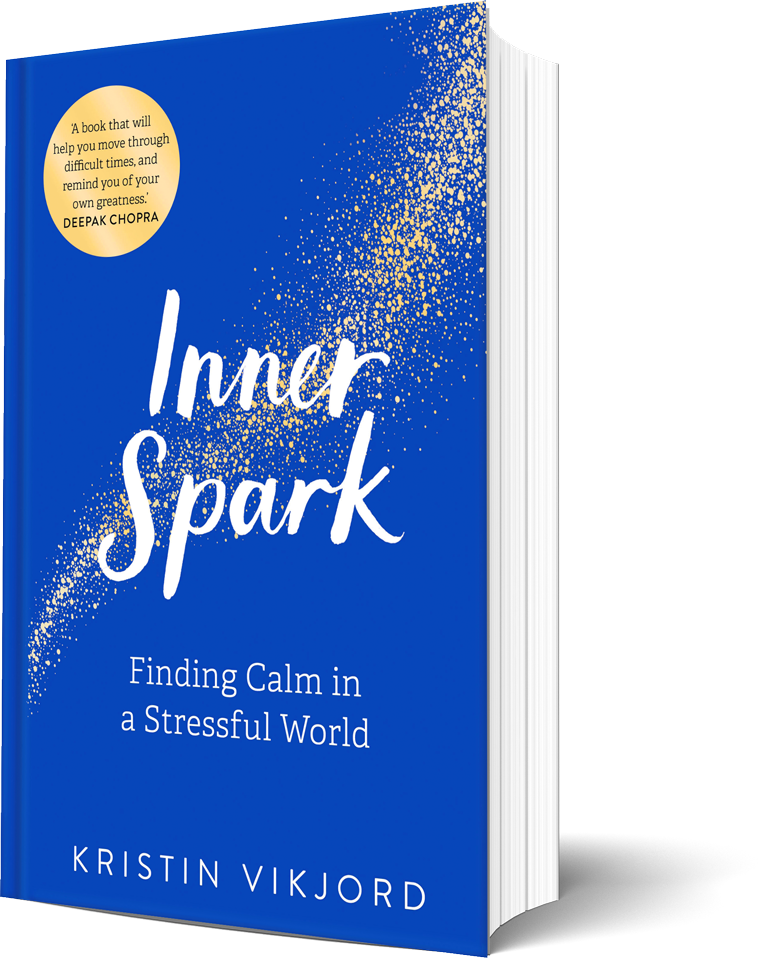10 Nov Sunday morning contemplation
A very early morning contemplation, when pregnancy hormonal levels awakes me extra bright an early (my 2 year old is still sleeping….). How unnecessary! Though nice to practice in the darkness to the rythm of the winter rain. I will definitely need a nap later today:)
Ok, here it goes:
If we are presented with an ocean of alternatives, for example in realizing our potential or finding out what that is, we are likely to feel increasingly insecure and heighten our level of fear of making a wrong choice. Thus, a certain framework of which direction to move in life has a clear functionality of upholding our moods of contentment. This resonates with the understanding of dharma in Buddhism, as the acknowledgement of the path that is ‘chosen’ for you. This ‘realization’ comes together when you both tap into your skills and wishes, as well as acknowledging your responsibilities within your immediate community, family and so forth. Thus the framework is made of the synergy between your own competencies,values, and societal connection (intra-, micro and macro).
Recent research show that youngsters and young adults in the west strive with increasing depressive moods, anxiety and stress related issues on a very different level than only a few generations ago. This is worrying. There seems to be an unalignement in the belief of what happiness is suppose to fill us with and what it actually means. To much weight is put on the definition of meaningfulness as based on that certain image of success constantly pushed in our face by media, where reality orientation and melancholy is not considered adequate attitudes.
This extremism of happiness and ‘pink-clouded’ approach to life as the correct outcome, is one of the first challenges we meet in meditative practices, yoga, and mindfulness. An expectation to be able to empty the mind, or stilling our thoughts and inner chaos, or being confronted with belief system of own abilities. ‘Yoga citta vritta nirodha‘ connotes not explicitly stilling the vibrations of the mind in the sense of stopping activity. It describes a process where you practice getting to know the conditioning of your mind, which in turn creates your reality perception, called maya, being build up kleshas (obstacles of the mind). Or in the terms of cognitive science, schematas of erroneous thoughts (generalizations etc). Its useful to know the trics our mind play us (or our patterns), to then be able to know what is the actual truth we are navigating ourselves in.
Another example is getting to know something about your own activation systems (signal systems on neurophysiologiocal level), differentiated by the modes of autopilot vs mindfulness. Getting to know something about your own systems of signaling, doesn’t imply an explicitt aim to seek away from getting activated, or changing your behavior when under stress. These systems has spesific functions of notifying or even alarming us when there is danger. A magnificent protection system of our beings. Meditative practices can help us recognizing when we become activated towards more dysfunctional levels. I.e. when triggers or cravings of drugs arise, or when stress fatigues us in a downward spiral, or when a relapse of depression is knocking on the door.
Yoga, meditative practices, mindfulness – these are no magic practices which aim to change you into a superhuman. They can though, help us re-integrate all parts of ourselves, re-connecting or help mending the fragmentations that are constructed by life itself. They can help us adding some self-compassion and softness to the equation, as opposed to the hardness of judging, ‘black and white’-mentality, and the constant striving for ‘the goal’.
They can help us simply being, instead of constantly doing – and being a little nicer to ourselves. And it all starts with looking yourself in the eye… Or meeting yourself, most honest and intimately, on or off the mat.
Enjoy your sunday!




